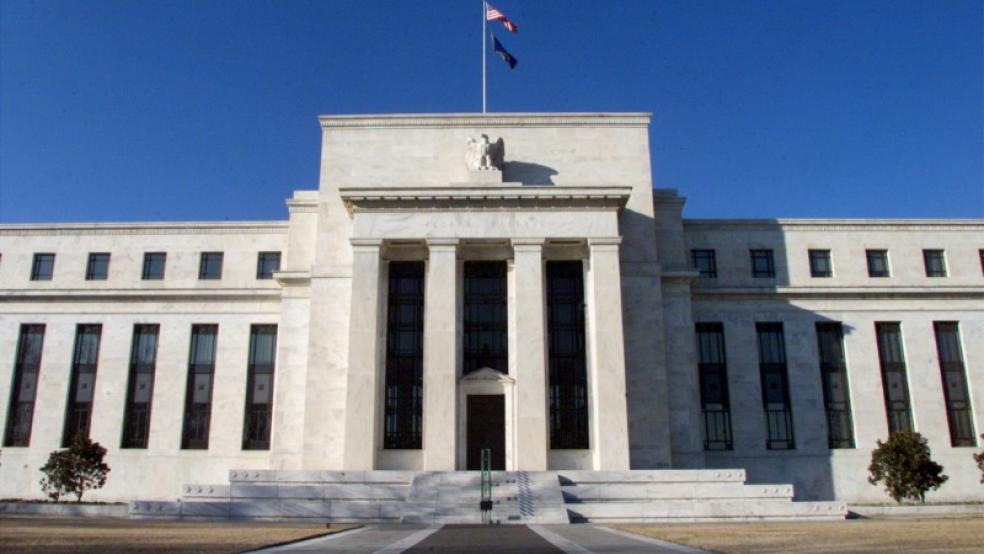WASHINGTON (Reuters) - Federal Reserve Board nominee Marvin Goodfriend on Tuesday defended his past focus on inflation, saying that while earlier warnings about runaway prices were "absolutely" proved wrong, it was the Fed's credibility in controlling inflation that has allowed unemployment to fall so low.
In contrast to warnings that low interest rates might lead to a dangerous breakout of inflation, Goodfriend said he felt current Fed policy "is more or less on the right path going forward....We should get to 2 percent (inflation) in a year or so" with unemployment at a 17-year low.Goodfriend, a Carnegie Mellon economics professor chosen by President Donald Trump to join the Fed, faced sharp questions from Democrats on the Senate Banking Committee about remarks made in the wake of the 2007 to 2009 financial crisis in which he warned Fed efforts to drive unemployment even below levels as high as 7 percent might cause prices to spike. Goodfriend was not alone in raising such concerns at the time, and by 2015 was worried that the Fed had done too little to boost inflation, and cautioned against raising rates too fast.But as recently as last year he called the Fed's dual unemployment and inflation goals "incoherent," a remark that caused Democrats to ask him if he had made a "confirmation conversion" in accepting the Fed's employment goals to win their support. "I regret the word 'incoherent,'" Goodfriend said. "I totally support" the Fed's twin aim of keeping unemployment as low as is consistent with a steady inflation rate targeted at 2 percent.He said it was the Fed's ability to anchor inflation at a low level that allowed it, when crisis hit, to keep interest rates near zero for an extended time and engage in a massive bondbuying program without generating the inflation he had earlier warned about."It is critically important to anchor long-run inflation...to drive unemployment down," Goodfriend said. "Our goal is to get unemployment down to the natural rate. Therefore I am supportive of a long-run inflation target…That has worked…and I will stand by that." TEMPERED VIEWSGoodfriend, if approved, would join the Fed at a time of transition to a new chair as Jerome Powell prepares to take over, and with several open seats to fill. In the past he has been highly critical of the central bank, calling for clearer, congressionally set limits on what the Fed can do in a crisis, and a more transparent set of rules to govern policy.He reiterated some of those stands at his hearing, saying that use of a "reference rule" might improve how the Fed operates, and arguing that the Fed's third round of quantitative easing was "not called for."But he also tempered some of his views. He agreed the economy was better off now than it would have been if policymakers had followed his call to raise rates early in the recovery. Despite his theoretical explorations of the possible advantages of negative interest rates, he said he had no intention as a policymaker of pursuing some of those ideas, like taxing cash holdings to get people to spend money. Still, his track record left some Democrats wary."These wrong predictions are not outliers...They have been part of your overall approach," said Senator Elizabeth Warren. The difference between the current 4.1 percent unemployment rate, and the levels at which Goodfriend was warning about inflation, is "millions and millions of jobs...American families are very lucky you were not on the Fed board and I think it would be a mistake to put you on the Fed board now." (Reporting by Howard Schneider and Jason Lange; Editing by Andrea Ricci)Fed nominee Goodfriend: Current Fed policy 'more or less' on right course

Reuters Photographer



